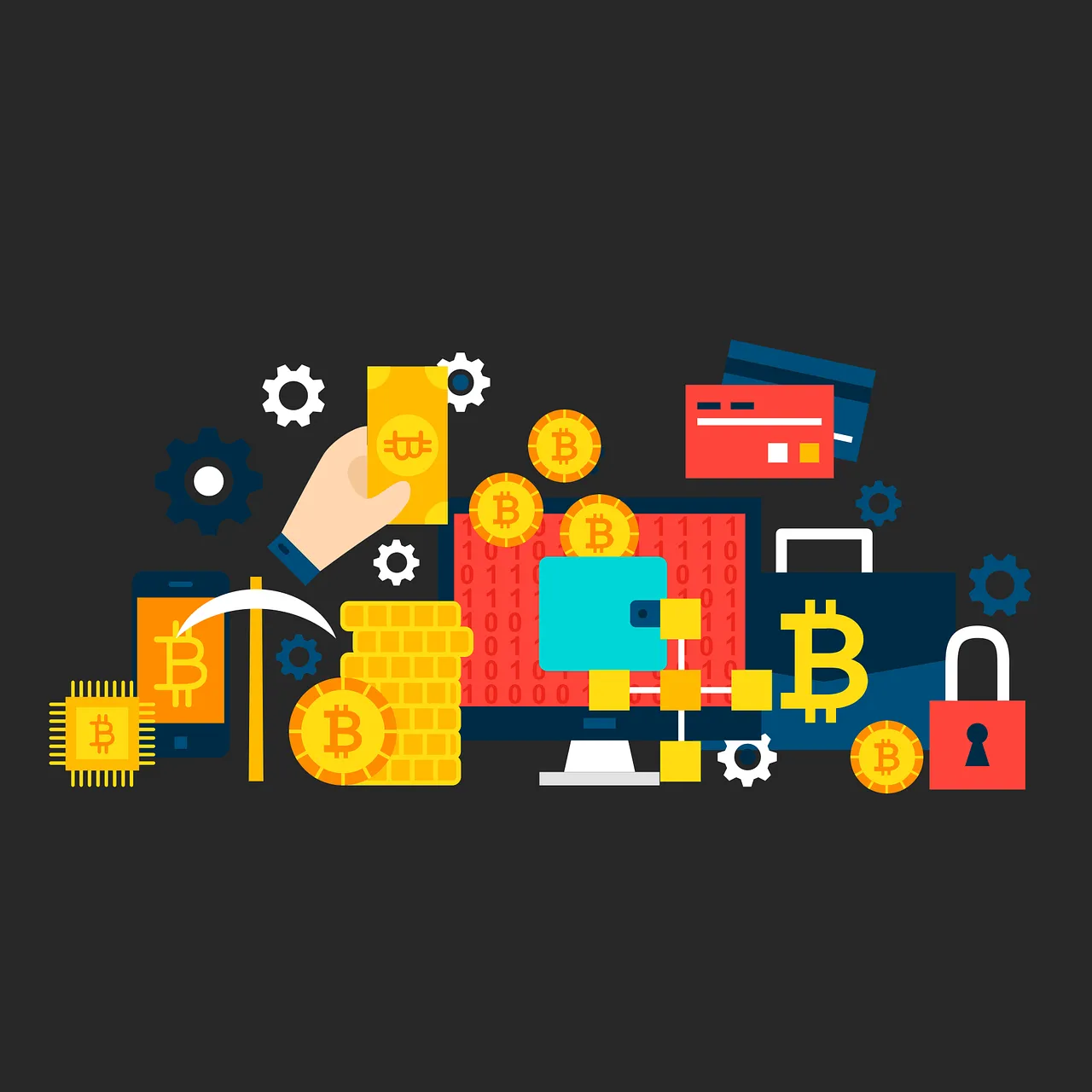If it wasn't obvious by now, blockchain protocols are becoming increasingly popular due to their decentralized and robust nature. However, to address the challenges blockchain engineers face, it's important to understand the fundamental and inherent problems the technology has.

Blockchain projects are known for their vision and ambition — but what they prioritize and what they’re known for can vary. Normally, projects rotate around three core concepts: decentralization, scalability, and security.
And while we can argue that the whole industry evolved from primitive concepts, fundamental challenges remain the same.
The term blockchain trilemma was firstly introduced by Vitalik Buterin in order to point up to the problems developers face in creating a blockchain that is scalable, secure, and decentralized - Without having to sacrifice on any facet. It's more like a model in which you can conceptualize the main issues, and visualize how it's all connected. Apparently, there's no perfect system out there, yet.
There's a problem though, most, if not all of the projects had to make a trade-off, preventing them to reach all three propositions.
- Security - The ability of the blockchain system to operate in an expected way, defend itself from malicious actors, bugs, security breaches.
- Decentralization - The system in which there's no one point of failure, meaning there are more people running the nodes, thus increasing the overall security of the network.
- Scalability - The ability to handle an increase in the number of transactions, without experiencing any delay issues, that could affect UX.
Those three components should be met for the perfect system to exist. So far, no one managed to get all three figured out, but we're getting there.
While some developers believe that the blockchain data structure itself has inherent limitations that prevent it from scaling, many architects, including CertiK, believe that it’s possible to build a blockchain project that hits all three targets: one that is scalable, decentralized, and secure.
Decentralization.
Decentralization is a core component, or at least it should be the core component of blockchain technology. It is one of the three unique value proposition blockchains has, thus deserves its spot among the stars.
In traditional finance, the system is entirely centralized and governed by a few individuals or corporations where the customers are forced to reveal their identity/financial habits and completely stay in a fucked up relationship with the law.
That's why a decentralized system matters, it empowers a permissionless economy and ownership anyone can use and build upon. Decisions are made by a consensus, meaning that transactions are approved by multiple node runners as opposed to a single entity or order book.
Once everyone agrees on the truthfulness of the transaction, the transaction is stored on the blockchain.
The trade-off of pure decentralization, however, is speed. If a transaction requires multiple confirmations before reaching consensus, then inherently, it would take longer than if a transaction can be confirmed by a single entity. Bitcoin is known to be robustly decentralized, but at the same time, pretty slow.
Those are the main principles regarding decentralization, of course, there's a lot more but I could write about it a whole day so it would be pointless.
Scalability
And while it may sound not so ideologically relevant, in terms of UX and mass adoption it plays a vital role. Imagine how frustrating can it be once the network gets overloaded thus expensive and slow as fuck. Having to wait for an hour to get a transaction validated is not something that will retain the users, especially not if we are talking about social platforms that are highly dependent on how fast it can operate.
I personally think scalability weights more value than people like to think.
It's boring to read about, it's boring to present the solutions, but it's something every blockchain should have. Just look at #ETH, it's slow as fuck, expensive as hell, and in most cases, it's not even worth withdrawing any amount as the cost of tx exceeds the value you wanted to withdraw - happened multiple times so far...
Security
You can imagine how important the security of the network is, especially if we consider that money and governance rights are involved in the same equation. I mean, we have already witnessed countless vulnerabilities in source code, hacks of the exchanges, rug pulls.. You name it...
Projects that are no audited should be avoided for any cost, and while it may not be on purpose, no one will give a shit once you lose your money.
Due to the transparent nature of an open-source code and the potential lucrative outcome of the hack, crypto is becoming increasingly interesting for hackers.
I don't know, people apparently don't give a shit about security, otherwise, they wouldn't be using #BSC which is literally centralized trash. I know there are some people here who will get offended, but it's the truth.
20 node validators chose by CZ, don't smell legit haha.
Nevertheless, in the upcoming years, we will witness exponential growth of crypto where second layer solutions will bring the balance back, thus solve the trilemma.
Until then, keep stacking and wait!
